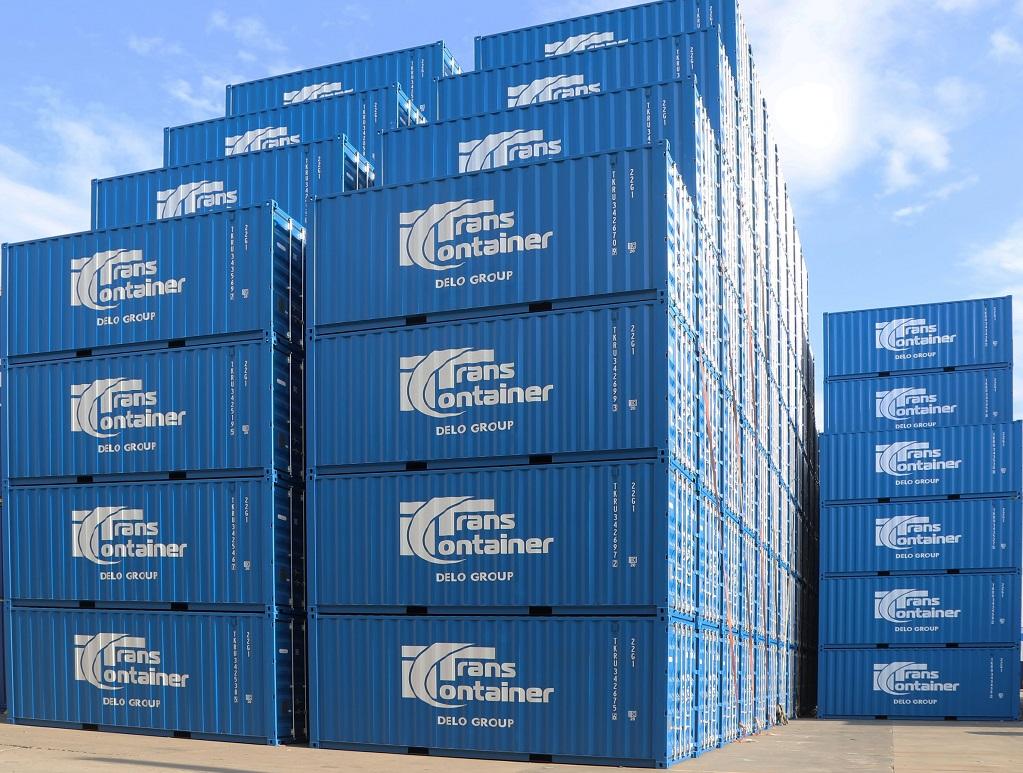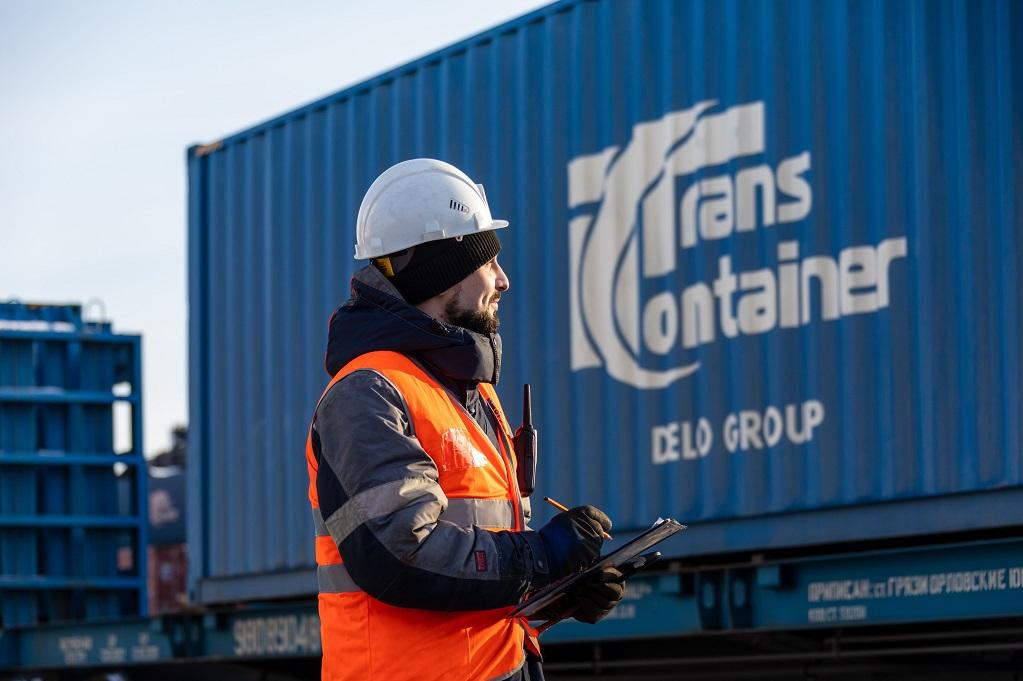Reasons of cargo delays
1. The most common reasons of Cargo delays at the Port:
absence of the Order;
absence of payment for the Order;
arrival of the Cargo in quantity exceeding the approved one;
incompliance of the information stated in the issued declaration in respect of the Cargo with the information stated in the bill of lading or results of the inspection, weighing or other operations carried out at the Port;
arrival of the Cargo in violation of the approved time limit for delivery;
arrival of the Cargo non-compliant with the approved list;
incorrect addressing of the Cargo;
arrival of the Cargo prohibited for import (export), transportation or transshipment in accordance with the law of the Russian Federation;
non-compliance of unit size of the SOC container specified in the Order with the actual data upon arrival or the data specified in the bill of lading, as well as the in declaration in respect of the Cargo issued by the customs;
necessity to secure the cargo in the container;
arrival of the Cargo loaded on the vehicle in violation of the requirements of applicable technical regulations, provisions of standards and (or) guidelines for placing and securing the Cargo in the container provided for by the law of the Russian Federation and the legislation of the Customs Union;
the Customer’s failure to comply with the requirements of technical specifications for placing and securing of cargo in containers, including arrival at the Port of a container with a piece of cargo which weight exceeds 1.500 kg in the absence of developed and approved LTC (local technical conditions) and in the absence of photos confirming proper placing and securing of cargo in the container according to the requirements of technical specifications or LTC;
arrival of a container at the Port with cargo not suitable for transportation by rail/road in this container type or with cargo which requires development of special terms, LTC or any other additional permissions for transportation by the said modes of transport;
elimination of container defects;
arrival at the Port of a container with technical defects or commercial malfunctions which prevent handing over the container to the carrier for further transportation by rail and/or road (defect or absence of a seal, shifting of the cargo, unlocked handles of locking devices, loose fitting doors, holes, cracks, bends and cuts of container elements, defects of the container floor, absence of a stencil board or CSC plate and other);
absence of release of the Line;
absence or incorrect information/documents;
absence of documents and photos in respect of hazardous cargo;
non-compliance with the time limit for provision of documents;
improperly executed shipping documents;
absence of a correction letter from the consignor;
correction of the bill of lading data upon initiative the Customer or for elimination of errors/omissions due to the fault of the Customer or failure to submit or late submission by the Customer of corrections of the bill of lading data bearing the seal of the customs authority upon the container’s arrival at the Port;
absence of an inspection certificate, withdrawal protocol or other customs documents;
late notification about issue of the declaration;
incorrect issue of the declaration;
correction of data regarding weight and number of places after weighing or inspection at the temporary storage warehouse (TSW);
late provision by the Customer or its customs representative of the customs declaration for the Cargo (for entire quantity and weight of the cargo in the container);
late confirmation of issuance of the customs declaration for the Cargo in the Port’s Information System;
correction of the Cargo name at TSW;
presence of the customs authority’s delay mark in the Port’s Information System;
late provision to the marine carrier (its agent) or directly to the customs authority of the documents necessary for issuance of the permit for the cargo import into the Russian Federation (certificates, SRC, phytosanitary and quarantine documents, letters regarding the area of application and other approvals for import of cargo);
imposition of any control measures (inspection, survey, weighing and other) by the customs authorities or any relevant regulatory or law enforcement agencies;
detention of the Cargo by the customs authorities or any relevant regulatory or law enforcement agencies;
absence or late provision of proper translation into Russian of the name of cargo placed in the container for stating this information in DO-1 or non-compliance of the issued declaration for the Cargo with the previously provided data;
delay in processing or dispatch of the container upon the Customer’s request;
actions connected with partial or full unloading, transshipment, repacking, inspection of the container upon the Customer’s initiative;
in other cases.
2. In case of demurrage of the Cargo at the Port, all extra costs shall be paid / reimbursed to TransContainer by the Customer except the cases when the demurrage occurred due to TransContainer’s fault).
absence of the Order;
absence of payment for the Order;
arrival of the Cargo in quantity exceeding the approved one;
incompliance of the information stated in the issued declaration in respect of the Cargo with the information stated in the bill of lading or results of the inspection, weighing or other operations carried out at the Port;
arrival of the Cargo in violation of the approved time limit for delivery;
arrival of the Cargo non-compliant with the approved list;
incorrect addressing of the Cargo;
arrival of the Cargo prohibited for import (export), transportation or transshipment in accordance with the law of the Russian Federation;
non-compliance of unit size of the SOC container specified in the Order with the actual data upon arrival or the data specified in the bill of lading, as well as the in declaration in respect of the Cargo issued by the customs;
necessity to secure the cargo in the container;
arrival of the Cargo loaded on the vehicle in violation of the requirements of applicable technical regulations, provisions of standards and (or) guidelines for placing and securing the Cargo in the container provided for by the law of the Russian Federation and the legislation of the Customs Union;
the Customer’s failure to comply with the requirements of technical specifications for placing and securing of cargo in containers, including arrival at the Port of a container with a piece of cargo which weight exceeds 1.500 kg in the absence of developed and approved LTC (local technical conditions) and in the absence of photos confirming proper placing and securing of cargo in the container according to the requirements of technical specifications or LTC;
arrival of a container at the Port with cargo not suitable for transportation by rail/road in this container type or with cargo which requires development of special terms, LTC or any other additional permissions for transportation by the said modes of transport;
elimination of container defects;
arrival at the Port of a container with technical defects or commercial malfunctions which prevent handing over the container to the carrier for further transportation by rail and/or road (defect or absence of a seal, shifting of the cargo, unlocked handles of locking devices, loose fitting doors, holes, cracks, bends and cuts of container elements, defects of the container floor, absence of a stencil board or CSC plate and other);
absence of release of the Line;
absence or incorrect information/documents;
absence of documents and photos in respect of hazardous cargo;
non-compliance with the time limit for provision of documents;
improperly executed shipping documents;
absence of a correction letter from the consignor;
correction of the bill of lading data upon initiative the Customer or for elimination of errors/omissions due to the fault of the Customer or failure to submit or late submission by the Customer of corrections of the bill of lading data bearing the seal of the customs authority upon the container’s arrival at the Port;
absence of an inspection certificate, withdrawal protocol or other customs documents;
late notification about issue of the declaration;
incorrect issue of the declaration;
correction of data regarding weight and number of places after weighing or inspection at the temporary storage warehouse (TSW);
late provision by the Customer or its customs representative of the customs declaration for the Cargo (for entire quantity and weight of the cargo in the container);
late confirmation of issuance of the customs declaration for the Cargo in the Port’s Information System;
correction of the Cargo name at TSW;
presence of the customs authority’s delay mark in the Port’s Information System;
late provision to the marine carrier (its agent) or directly to the customs authority of the documents necessary for issuance of the permit for the cargo import into the Russian Federation (certificates, SRC, phytosanitary and quarantine documents, letters regarding the area of application and other approvals for import of cargo);
imposition of any control measures (inspection, survey, weighing and other) by the customs authorities or any relevant regulatory or law enforcement agencies;
detention of the Cargo by the customs authorities or any relevant regulatory or law enforcement agencies;
absence or late provision of proper translation into Russian of the name of cargo placed in the container for stating this information in DO-1 or non-compliance of the issued declaration for the Cargo with the previously provided data;
delay in processing or dispatch of the container upon the Customer’s request;
actions connected with partial or full unloading, transshipment, repacking, inspection of the container upon the Customer’s initiative;
in other cases.
2. In case of demurrage of the Cargo at the Port, all extra costs shall be paid / reimbursed to TransContainer by the Customer except the cases when the demurrage occurred due to TransContainer’s fault).



